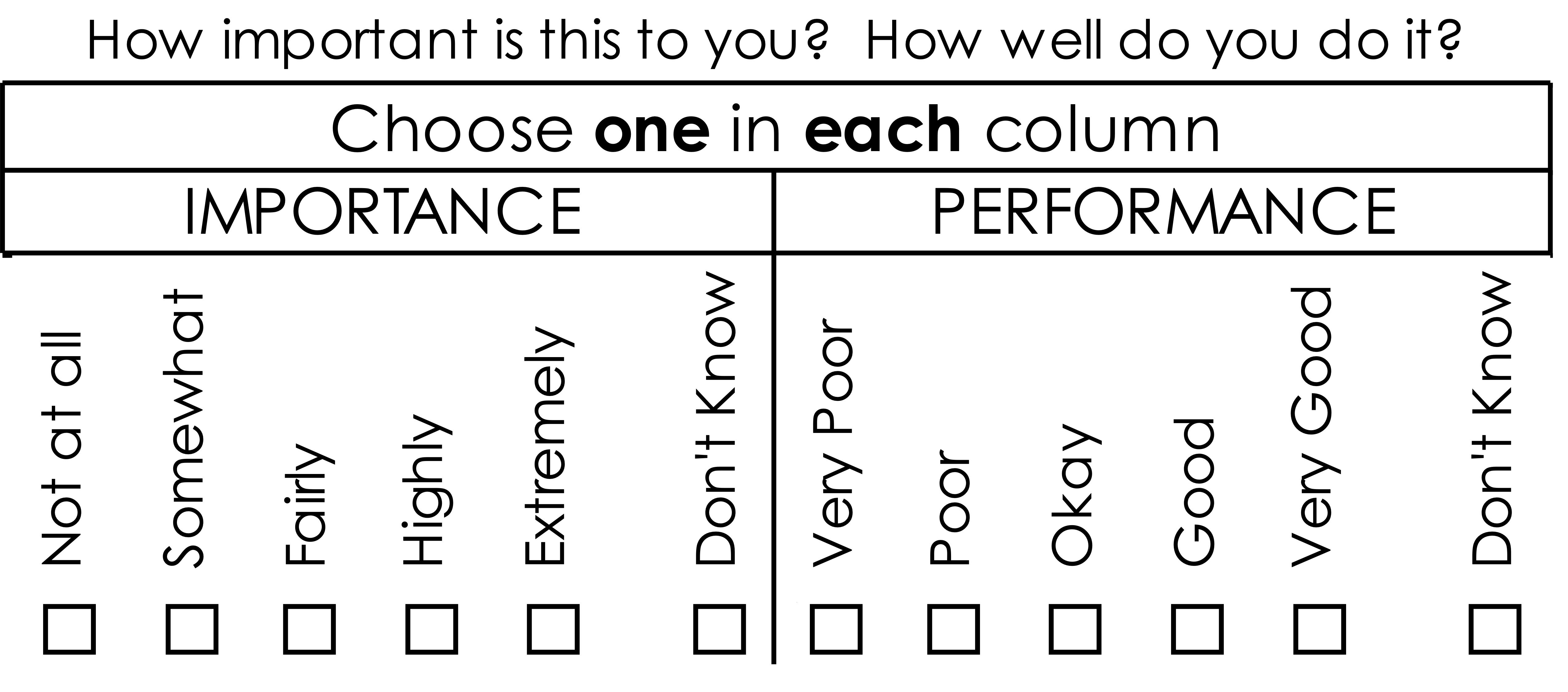Respect in the Workplace, Practice It and Receive It.
- Home
- Basic Productivity Skills
- Respect in the Workplace
A basic sign of respect in the workplace is to focus on one person at a time.
Giving someone your unconditional and undistracted attention is important. The work situation might not allow that it is long, but not only is it good manners, but it is the best use of your time.
Focused attention allows you to really hear and get what the person is telling you. Staying with the conversation allows you to take action where it is needed right now and not later when details become less clear.
Why is respect important? Because people are important and valuable just because they are. Period. They are not to be looked at as a commodity existing solely for your use.
Having said that, your interest and attention can so impress this person that they buy from you, open doors of influence and opportunity for you or remember to tell someone else about you and what you are doing.
… all because you focused your attention on one valuable person.
"Human relationships are dynamic encounters between living persons, and virtually every significant encounter changes all participants, for better or for worse. As Carl Jung observed, “The meeting of two personalities is like the contact of two chemical substances; if there is any reaction, both are transformed.”
John Chaffee, The Thinker's Way
Five Days of Respect in the Workplace Coaching

DAY ONE
Take time today to think about how well you focus on individuals and what they have to say to you. What is your default mode of listening? Do you listen to talk? To be right? Do you give undivided attention? Do you typically multi-task while with another person? Start practicing full-attention interactions. It will respect the person's worth and it will make you much more effective at interpersonal relationships.
The Coach asks:
- What is your default mode of listening? Do you listen for that last breath, so you can jump in and talk? Do you listen to judge? Listen to "do one better?" Take some time to think about how you actually listen to another person.
- When you are speaking with someone, are you totally "present" with them, or is your mind somewhere else? What contributes to this? What could be done about it that would allow you to be fully engaged?
- Go out and have a full-attention interaction with someone? Be conscious of keeping your focus entirely on them and what they are saying. What did you notice? What did you appreciate about the other person? What did you learn? Their way of interacting? Their point of view? Their interests? etc.
- How valuable is a person?
DAY TWO
Practice hearing more from a conversation. Ask why the person is telling you what they are. Listen for depth, for emotion, for information. The better you are at listening, the better you will be at asking the right questions and making better decisions.
The Coach asks:
- Have another conversation? See if you can expand what you are actually hearing. Can you pick up emotion and identify it? You might be wrong in your analysis, but it should become better over time.
- When you converse with others, how much use of questions do you make?
- What type of questions do you ask? For information? Personal? To get at something? Pure interest in the person?
- What type of questions would bring out the best in this individual you are talking to? What would lead to a "mutual," and worthwhile back and forth? What would lead you to feel you had given the greatest respect in the workplace to another individual you work with?
DAY THREE
Today, refuse to be interrupted when you are talking to someone else. If it's a conversation worth having, it's a conversation worth building some boundaries around.
The Coach asks:
- There are always people who interrupt because of those default modes of listening we thought about on Day One. Think about one of those people. What do you think their default mode of listening might be? What do you think leads them to interrupt?
- How can you, with respect, request that someone not interrupt you?
- Are there certain conversations where it is more critical not to be interrupted? What are they? What might be able to be stated "up front" before this type of conversation begins?
- When you have spoken, how willing are you to listen to the other person until they are through? Is there anything in your attitude that needs adjusting? If the person goes on and on, and if warranted, how might you help the other person more quickly articulate their thoughts?
DAY FOUR
Ask yourself today what one thing of value you can give to anyone who you are interacting with. Be conscious of inquiring about a family member, giving an encouraging word, sharing a laugh or a big smile. It's these seemingly little things that mean so much in relationships.
The Coach asks:
- As you make rounds today, ask yourself what each individual might be most thinking about, or hold most important. Listen. Pick up on those few statements that reveal something deeper to you.
- Pick a few people you connect with today. Be intentional about focusing on them. Personal, family, a challenge they are facing, an encouraging word, of maybe just a smile and look in the eye.
- Notice what personal "cues" you respond to, like when someone smiles at you, or says a cheerful 'good morning". What of those types of things most encourages you? What could you do that would elicit even more?
- It's all about respect in the workplace. Who needs an acknowledgement, kind word or a smile from you today?
DAY FIVE
Remembering names - so many of us find it a challenge. Work at this today. Use first names to address the people you interact with. Be personal.
The Coach asks:
- Practice using people's names today. If you've not done it much, it might feel awkward at first. See how they respond? How did you feel?
- Your name is intensely personal. We show respect by using someone's name. It says we see them. We value them. They are important to us. Keep practicing it.
- Start remembering more names and using them. Oftentimes others in the workforce are thrilled that, even though you may not interact much, you remember their name.
- Appreciate and give thanks for your own name today. You are uniquely you!
Honor One Another

As a Christian Executive Leadership Coach I encourage Christian leaders to reflect on God's Word to add to their wisdom.
Mt 7:12 So in everything, do to others what you would have them do to you ..
Rm 12:10 Be devoted to one another in love. Honor one another above yourselves.
Php 2:3 Do nothing out of selfish ambition or vain conceit. Rather, in humility value others above yourselves, not looking to your own interests but each of you to the interests of the others.
1 Pt 2:17 Show proper respect to everyone ...
If you are a leader, executive, or senior level professional looking to work with a Christian Executive Coach, I invite you to connect with me here.
If appropriate, we can meet by phone or Zoom to discuss your situation.
Record Your Progress
This is your opportunity to track your progress. Start by asking yourself how important this practice is to you? Record the importance as - not at all, somewhat, fairly, highly or extremely.
Now next to it ask yourself how well you carry out this practice. Record your performance as - very poor, poor, okay, good or very good.

The things we track, we pay attention to. Across time, come back and record your new results. You will find that as you are intentional about making improvements, you will bump your "score" up higher.
This is significant. Don't miss the opportunity to acknowledge your success, and use it as a springboard for making even further gain.
Notes
Like almost every other practice outlined here, showing and receiving respect in the workplace is actually a much bigger topic. It does not diminish focusing on one person at a time and giving them your attention. But, it goes even further.
Take some time to "up your game" in this area. Respect for others is pivotal in communications, engagement and execution of those things that are important. Let's encourage ourselves to continually find ways to show respect and practice them.
Contact me here Privacy Policy
© G.E.Wood and Associates. All Rights Reserved in all media.
G.E. Wood and Associates is an international coaching firm registered in Ontario, Canada
142 Pratt Crescent, Gravenhurst, Ontario, Canada, P1P 1P5